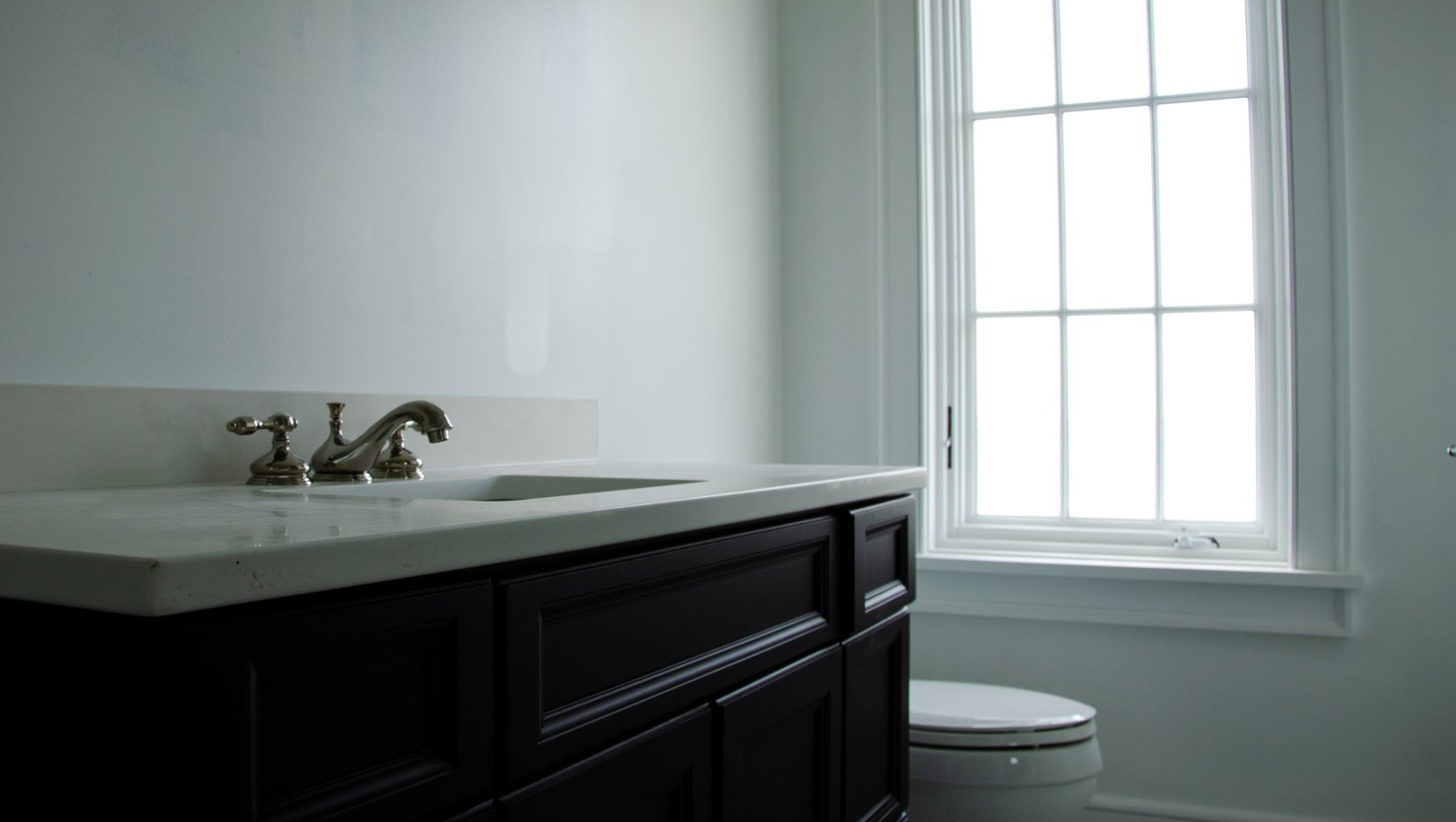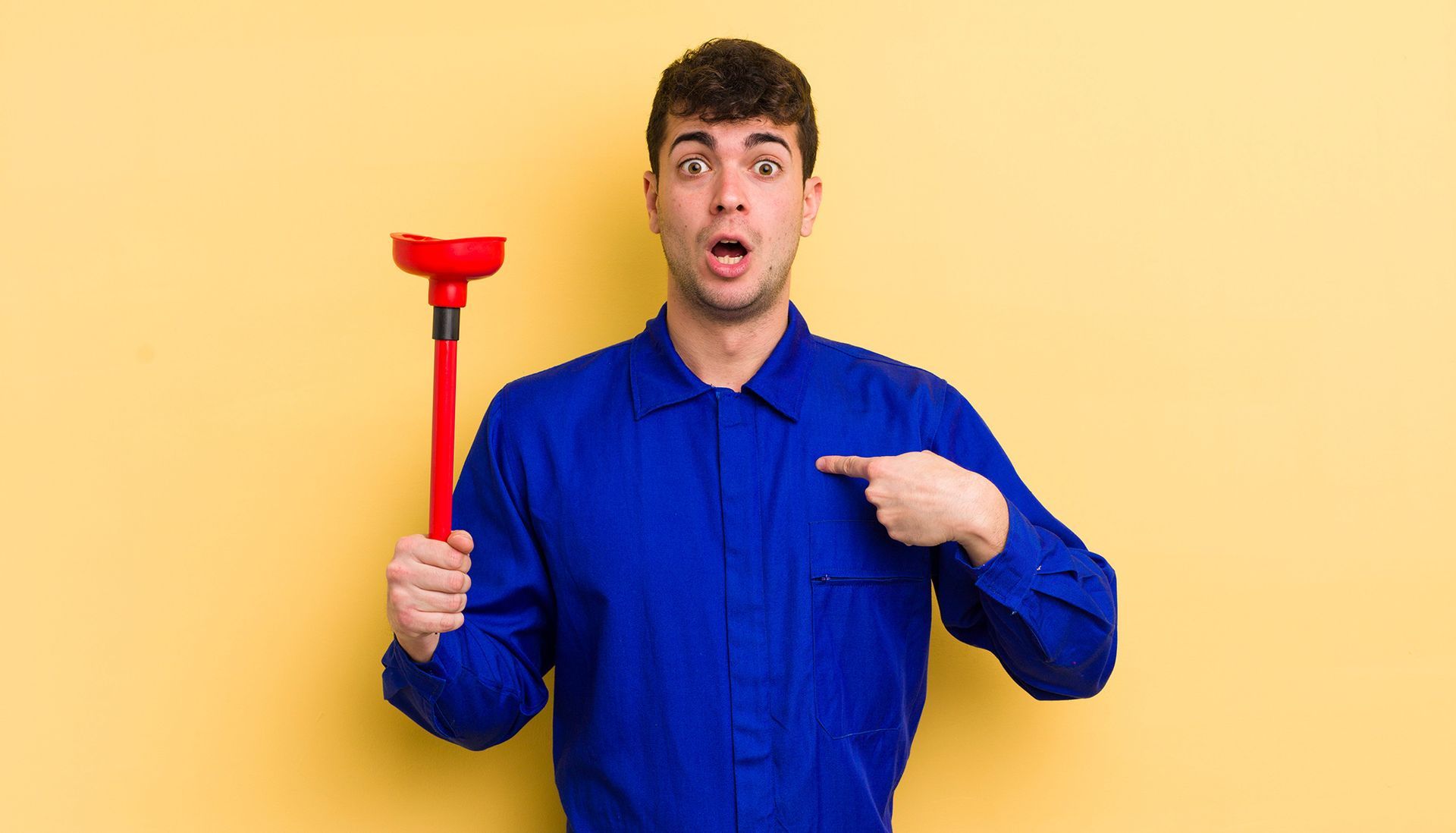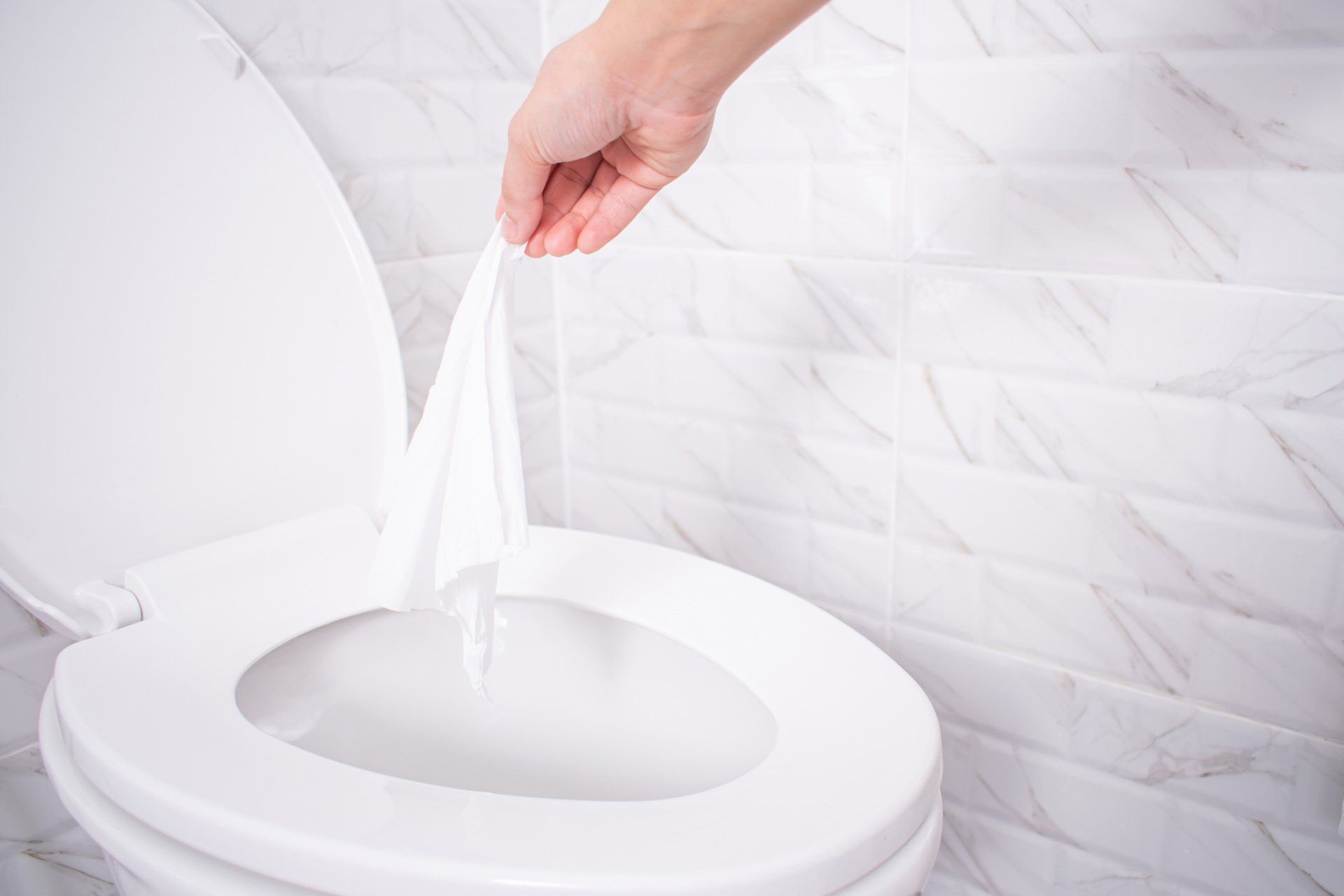Plumbing Tips for Rainy Weather
Matt Hampton • April 13, 2020
Plumbing Tips for Rainy Weather
It’s Spring in the Lowcountry, and that means rain. Lots and lots of rain falling and causing problems. We’re not just talking about spoiling a sunny day or bringing you down, mass rainfall can cause problems for your home and plumbing. So what do you do? The Team at Beverly Plumbing is here with some plumbing tips for rainy weather here in the Lowcountry.
Work to Prevent Flooding
Flooding is nothing new here in the Charleston area, but there are some things you can do to help prevent it. Ensure that spots where water may build up have proper drainage. Check the drainage in your home to make sure it’s not backing up/clogged. Make sure your drywall is well maintained, and, if needed, make use of a sump pump to get rid of excess water. These simple steps can help prevent a water intrusion into your home and save you some money and heartache.
Clean Those Gutters
Your gutters accomplish proper drainage from your roof. If they become clogged, then the water will start to pool in certain places, creating the potential for water intrusion into your home. Whether you are going to tackle this task yourself, or hire a professional to help, make sure those gutters get clean.
Get Your Plumbing Inspected
The problem with plumbing is that we can’t see it. We can see it working, and we can definitely see when it isn’t, but preventative maintenance on it can be tricky. The best advice is to make sure your plumbing gets a regular inspection from a qualified plumber. Well-trained plumbers will be able to pinpoint problems when they’re small, and keep them from becoming much bigger problems.
Your Plumbing Problems
Don’t Stop
We know that this is a time of great uncertainty. We also know that plumbing problems never really stop, so our team is doing everything we can to respond to your needs while keeping everyone well and safe. If you have plumbing problems or questions, contact us today.
You might also like

In today's world, where environmental sustainability is becoming increasingly important, homeowners are seeking ways to make their homes more eco-friendly. While plumbin g may not be the first thing that comes to mind when thinking about energy efficiency, it plays a significant role in creating a greener home. In this blog post, we will explore energy-saving plumbing solutions that can help you reduce water waste, conserve energy, and make your home more environmentally friendly. I. Low-Flow Fixtures: One of the easiest and most effective ways to conserve water is by installing low-flow fixtures throughout your home. Low-flow faucets, showerheads, and toilets are designed to use significantly less water without sacrificing performance. These fixtures can reduce water consumption by up to 50% compared to traditional ones. Upgrading to low-flow fixtures is a cost-effective solution that not only helps the environment but also lowers your water bills. II. Water-Efficient Appliances: Another plumbing solution that can contribute to energy savings is opting for water-efficient appliances. Choosing appliances, such as dishwashers and washing machines, with a high Energy Star rating ensures that they use less water and energy with each use. These appliances are designed to operate efficiently while still providing excellent performance. Upgrading to water-efficient appliances not only reduces your environmental footprint but also helps you save on your utility bills in the long run. III. Efficient Water Heater: Your water heater can account for a significant portion of your overall energy consumption. To improve energy efficiency, consider installing a tankless or on-demand water heater. These systems heat water only when it is needed, eliminating the standby heat loss associated with traditional tank-style heaters. Tankless water heaters provide hot water on demand, reducing energy waste and ensuring you never run out of hot water. Additionally, insulating your water heater and pipes can further improve energy efficiency by minimizing heat loss. IV. Greywater Recycling: Greywater recycling is a sustainable plumbing solution that involves reusing water from sinks, showers, and laundry for non-potable purposes such as irrigation or toilet flushing. By diverting greywater, you can significantly reduce water consumption and minimize the strain on freshwater resources. Implementing a greywater recycling system requires professional expertise, but it can offer substantial long-term benefits for both the environment and your water bills. V. Rainwater Harvesting: Harvesting rainwater is an effective way to conserve water and reduce reliance on municipal water supplies. Installing rain barrels or a more elaborate rainwater harvesting system allows you to collect rainwater from your roof, which can then be used for outdoor irrigation or other non-potable purposes. Utilizing rainwater reduces the strain on municipal water sources during dry spells and contributes to water conservation efforts. VI. Regular Maintenance: Regular plumbing maintenance is essential for maximizing energy efficiency and preventing water waste. Inspect your plumbing system for leaks, dripping faucets, or running toilets and fix any issues promptly. These seemingly minor issues can waste significant amounts of water and increase energy usage over time. Conclusion: By implementing these energy-saving plumbing solutions, you can create a greener and more sustainable home while also reducing utility bills. Consulting with a professional plumber for advice on low-flow fixtures, water-efficient appliances, and other eco-friendly options tailored to your home's needs is highly recommended. Embracing these energy-saving plumbing solutions not only benefits the environment but also enhances your comfort, lowers your expenses, and contributes to a more sustainable future.


